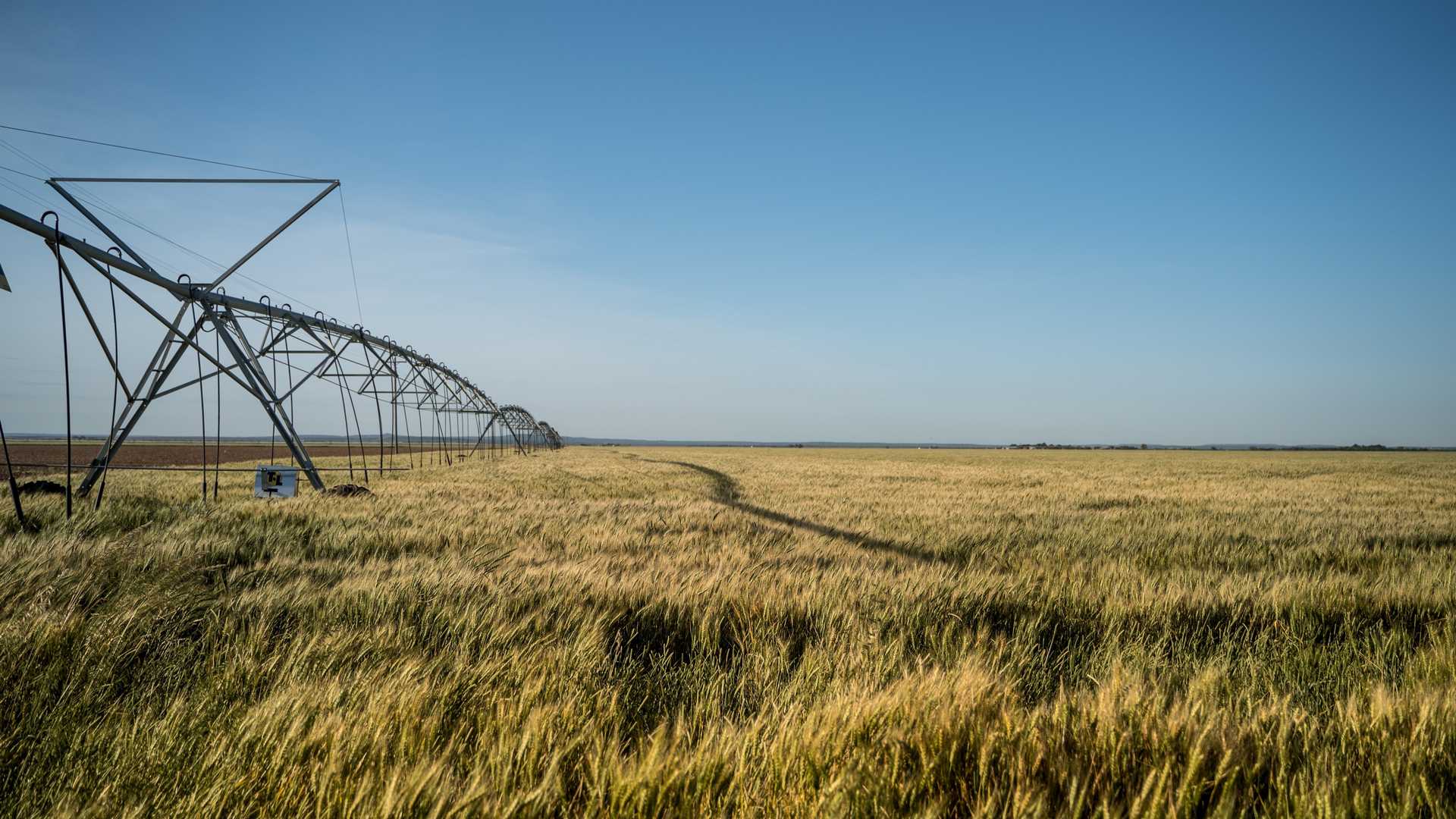“No transition of the food system can happen without significant dietary shifts.”Pierre-Marie Aubert, IDRRI Program Manager
Transforming the EU food system: A systemic challenge
Giving fair access for all to healthy diets, decent jobs along the entire food chain, and keeping food production within planetary boundaries – these are the goals for a sustainable transformation of the EU food systems. Allianz Foundation supports IDDRI’s work to shift EU policies towards a food system transition.
September 28, 2023

© Joel Dunn auf Unsplash
Project description
IDDRI
Why does the EU food system need to be transformed?
An interview with Pierre-Marie Aubert, Head of IDRRI’s Agriculture and Food Policies Program, talking about the conditions and pathways towards sustainable agriculture and diets.
Allianz Foundation: “Why does the EU food system need to be transformed?”
Pierre-Marie Aubert: "With the creation of the European Union and the launch of the Common Agricultural Policy, the basis for the development of a very strong agricultural sector was laid in the EU. This made food easily available, decreased prices for consumers, increased the productivity of the land and improved farmers’ incomes.
Yet, all this came at a cost. The “green revolution” pathway that the EU underwent led to a growing recurse to external inputs (such as fertilizers, pesticides, antimicrobial), a massive simplification of agricultural landscapes through farm concentration and specialization, and a strong development of the livestock sector. These changes led the agrifood sector to be amongst the first drivers of biodiversity loss across the EU, while emitting over 11% of all EU GHG emissions –those emissions being on the rise since 2015.
On the demand side, the tremendous changes in supply triggered – or at least strongly influenced – massive evolutions in dietary practices: more animal products, more processed foods, more sugar and fat, and paradoxically, less – at least: relatively less – fruits and vegetables. As a result of these dietary changes, over 55% of the EU population is suffering from overweight (including nearly 20% of obese people) – even though nearly 10% of the EU population cannot even access three meals a day every other day."
Allianz Foundation: “What impact would the sustainable transformation of the system have on land use and food production within and outside Europe?”
Pierre-Marie Aubert: "First and foremost, the transformation needs to be thought of as a truly systemic one, e.g. implying the supply and demand side, and driven by major institutional changes – as we did for example lay out in our TYFA scenario.
On the supply side, the changes concern a re-diversification of land use through more diverse and longer crop rotations, and the development of agroecological infrastructures (such as hedges, ponds, extensive grassland). It would be accompanied by a strong reduction in the use of synthetic inputs, targeting even zero. Nature must be given more space. Increases in the production of leguminous crops, fruits and vegetables, as well as different types of nuts, would also be needed to meet nutritional needs.
Livestock systems would evolve to enhance animal welfare while limiting as much as possible feed-food competition, relying on grassland, rangeland, different types of leftover or food waste. At the same time we must look for greater feed efficiency. This would imply strong reductions in the number of animals raised, and consequently, important reductions in the animal source food production itself.
If accompanied by the right dietary shift, these changes in the supply would increase the capacity of the European Union to contribute to global food supply, while at the same time restoring the environmental quality of the EU land use system. And this can definitely be done while taking into account social justice for both farmers and consumers."
Allianz Foundation: “What role do consumers and their dietary styles have in supporting the required transition?”
Pierre-Marie Aubert: "No transition of the food system could happen without significant dietary shifts. More space must be made for fruits and vegetables (eating twice as much as today), and for protein crops/pulses (4 to 10 times as much as today) or nuts. Animal source foods consumption must be reduced (by half on average).
As food is fundamentally a cultural question, talking about dietary shifts is often seen as something complicated, even “impossible”, in particular in countries where food has an important social “meaning”. Yet, dietary practices have already changed quite significantly over the last decade, and the kind of changes we refer to above are of the same order of magnitude than the ones that did happen previously. And on all social layers – including low income households – there is a desire for healthier, more sustainable diets."